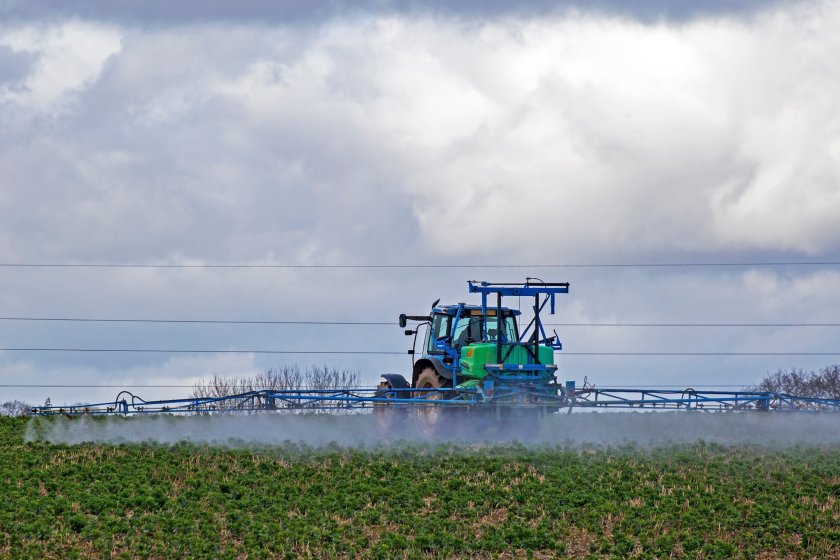
A glyphosate-resistant population of Italian ryegrass has been confirmed on a farm in Kent, researchers have announced.
This is the first field population of any weed to have glyphosate resistance in the UK, the Weed Resistance Action Group (WRAG) said.
At present, in addition to the one confirmed case, three suspect populations of Italian ryegrass are under investigation, with results expected later this year.
To date, Italian ryegrass is the only weed with suspect populations in the country.
Extensive testing of black-grass and a 2023 survey of 166 brome samples found no populations of concern.
John Cussans, principle weed science consultant at ADAS, who led the research, said: “Glyphosate is probably the most important herbicide for UK farmers and there is no obvious replacement, hence any case of resistance is concerning.
“But we must retain perspective; it’s resistance in one weed species on one farm, it is not a widespread problem yet.
"For context, over the period 2018 to 2023 we have collated data for samples of Italian ryegrass which were submitted for standard resistance tests.
"They have been screened with glyphosate, and we have not found a single resistant sample.
"This single case does, however, serve as a firm reminder of the importance of glyphosate stewardship otherwise we are likely to see more cases.”
Experience from around the world suggests ryegrass species are high-risk with regards to glyphosate resistance.
Globally, there are several cases of resistance in annual ryegrass Lolium rigidum and Italian ryegrass Lolium multiflorum.
Mr Cussans said, however, that other weeds can also develop resistance: "Glyphosate stewardship concerns every farmer, not just those managing Italian ryegrass.
"We know that herbicide resistance tends to develop field-by-field so farmers can work to maintain glyphosate efficacy on their farm.”
There are fundamental stewardship steps that all farmers using glyphosate need to take, researchers at WRAG say.
On top of that, farmers with higher risk systems have to be extra vigilant and consider adjusting their approach to reduce selection pressure for glyphosate resistance.
“From the cases we know about, the two main risk factors are Italian ryegrass populations and little or no mechanical weeding through cultivation in the system," Mr Cussans said.
"There are many good reasons for a reduced cultivation system, but for all the benefits, more focus on glyphosate stewardship is one of the trade-offs in such a system.
“Of course, cultivation doesn’t give farmers a free pass. They should also follow good stewardship practice, but they have more tools available.”
